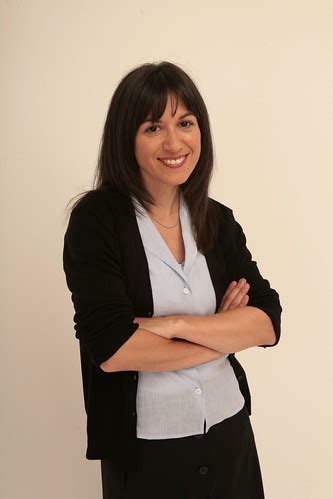A Quote by Richard Hornby
Actor training should be broadly humanistic, involving the study not just of dramatic literature and theatre history, but of languages, literature, and history generally, and should be centered on acting in plays rather than just exercises, improvisations, monologues, or even scenes.
Related Quotes
Years should not be devoted to the acquisition of dead languages or to the study of history which, for the most part, is a detailed account of things that never occurred. It is useless to fill the individual with dates of great battles, with the births and deaths of kings. They should be taught the philosophy of history, the growth of nations, of philosophies, theories, and, above all, of the sciences.
One task of literature is to formulate questions and construct counterstatements to the reigning pieties. And even when art is not oppositional, the arts gravitate toward contrariness. Literature is dialogue: responsiveness. Literature might be described as the history of human responsiveness to what is alive and what is moribund as cultures evolve and interact with one another.
There's a lot we should be able to learn from history. And yet history proves that we never do. In fact, the main lesson of history is that we never learn the lessons of history. This makes us look so stupid that few people care to read it. They'd rather not be reminded. Any good history book is mainly just a long list of mistakes, complete with names and dates. It's very embarrassing.
I got to college in '99, and I went to study literature and writing, and so within a couple years we had Bush elected, 9/11, we were at war, so I was sort of having my political and spiritual awakening at the same time I was becoming an adult, and that's a lot of stuff at once. I became very focused on the state of the world, and I started studying that stuff more, and I just had a real identity crisis. I couldn't even really just study literature.

































